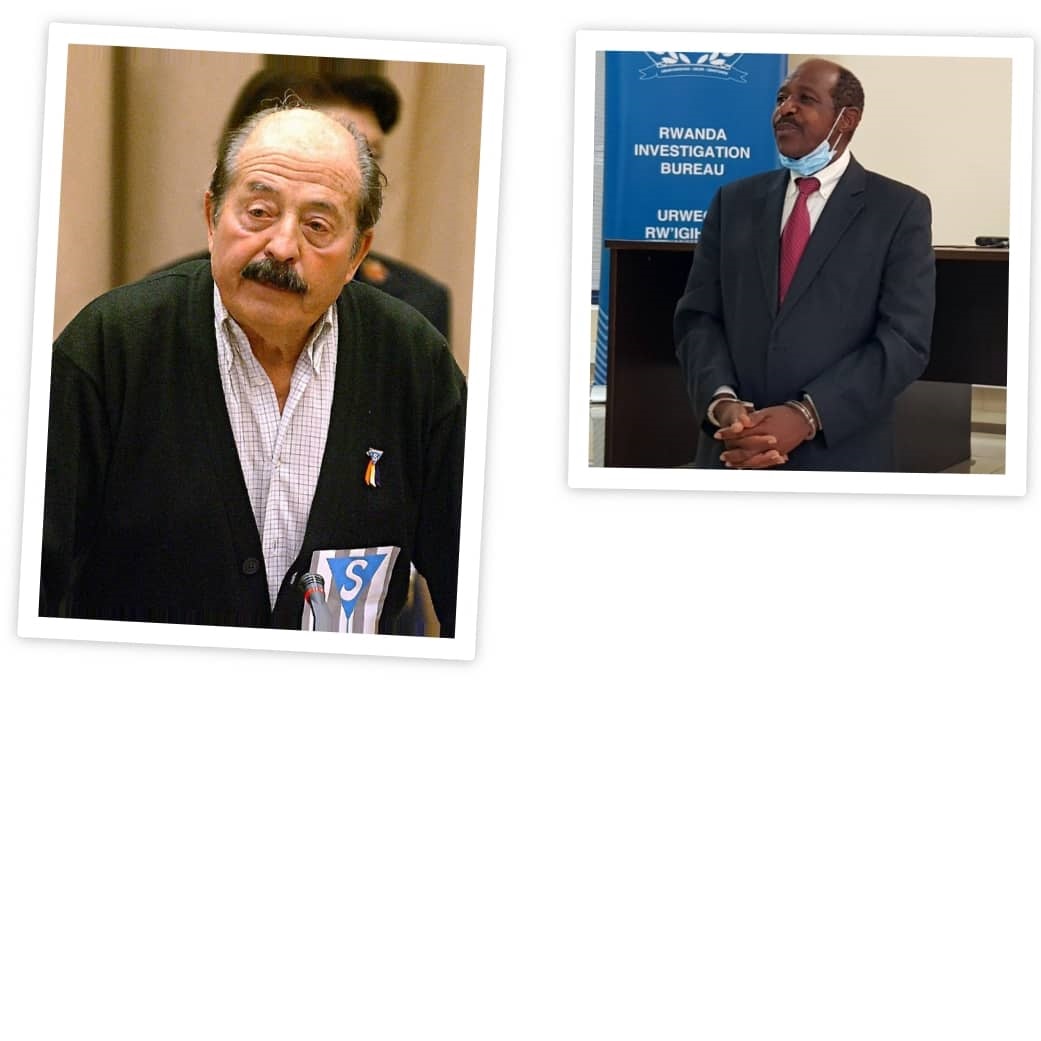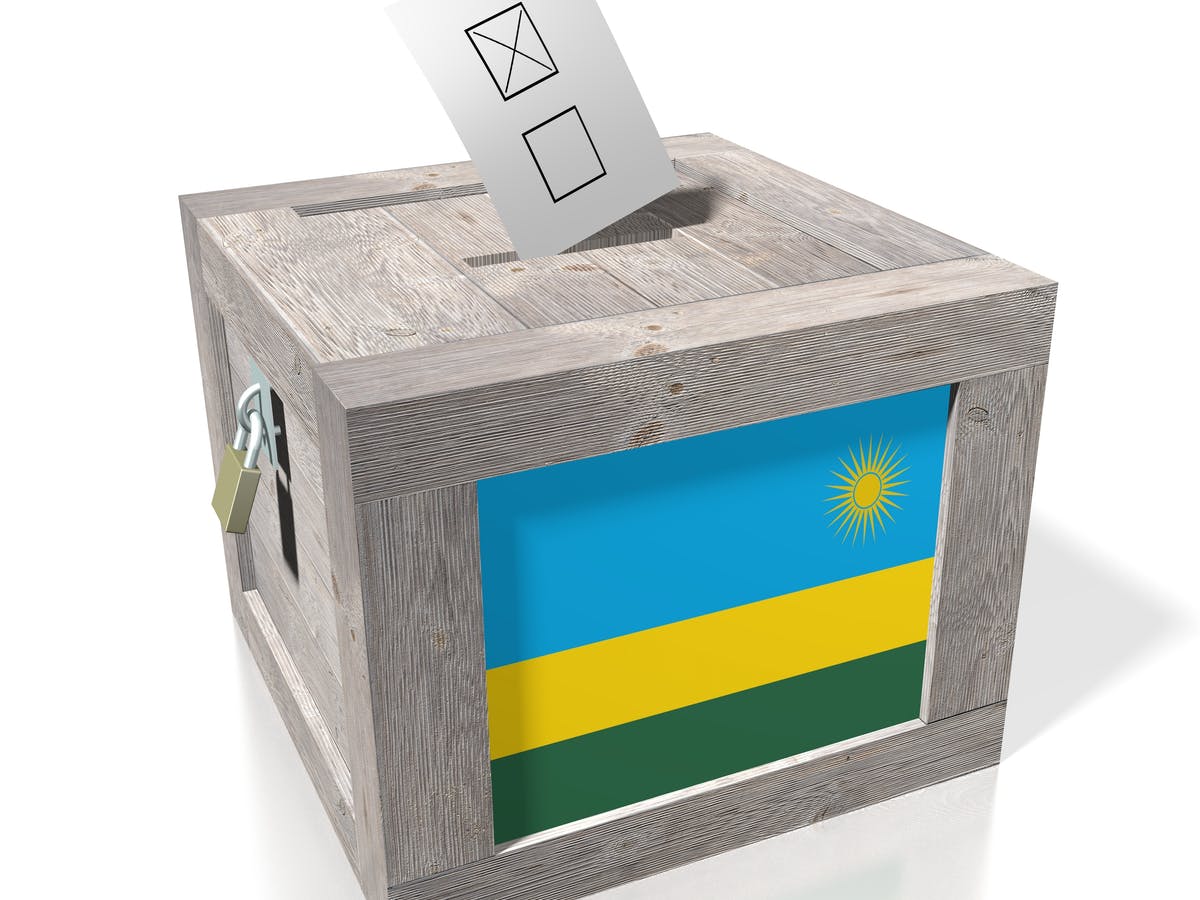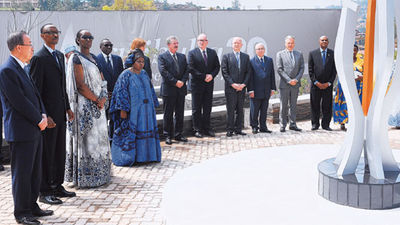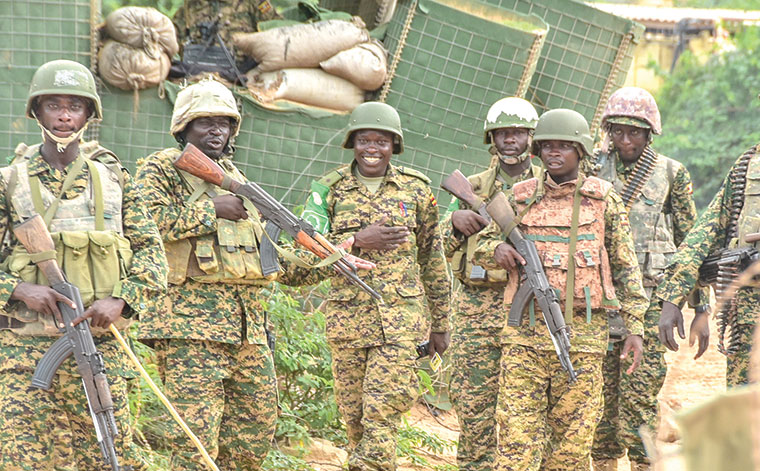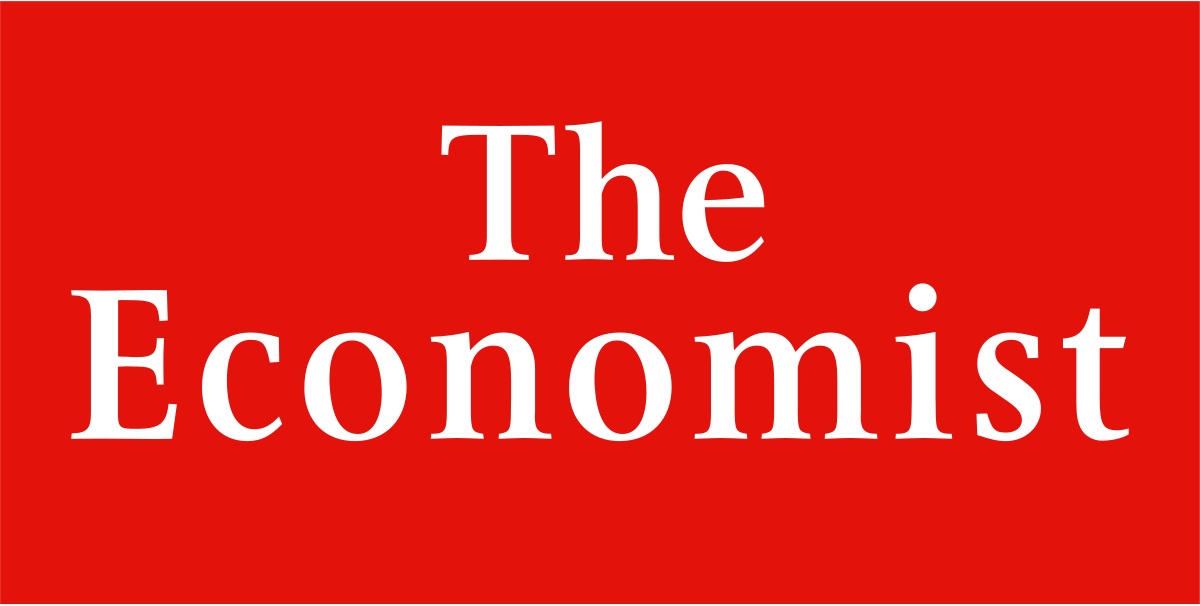Regional
Genocide deniers’ allies push for uprising under guise of defending freedom of speech
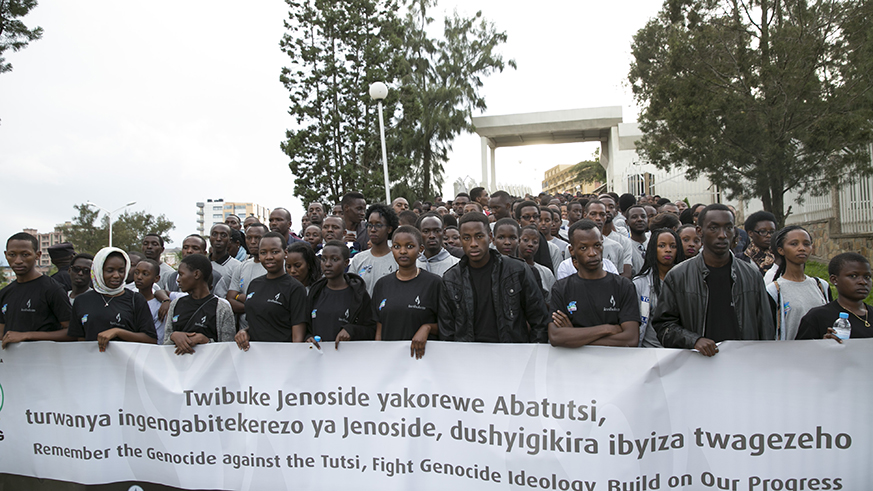
Denial
and justification of genocide are often intentional, not rooted in
ignorance. As Keith Kahn-Harris said:
“Denialism is an expansion, an intensification, of denial.” In the aftermath of
the 1994 genocide against the Tutsi, denial manifested in the form of
individuals’ everyday subtle defense mechanism that involved not acknowledging personal
responsibility in the genocide.
In
recent years, genocide denial has become an “academic discipline” and a
political instrument that the so-called “Rwandan opposition”, western “critics”
and their agents operating under the veil of journalists or YouTubers hope to
use to overthrow the Rwandan government. There is a manifested effort on the
part of friends of genocidaires to transform denial into a whole new paradigm
of seeing and defining Rwanda and – most importantly – a new and better truth
about the Rwandan tragedy that they neither want to call “genocide against the
Tutsi” nor “commemorate”.
In
fact, genocide denial is founded on the assertion that it is not a crime, but a
struggle to rehabilitate genocide perpetrators by arguing that RPF and President
Paul Kagame are the real culprits. The strategy is twofold: to promote genocide
denial in order to incite ethnic tension as a form of opposition to government,
and to mobilize international condemnation and support for a popular uprising
when they are arrested.
The
case of the six people arrested by RIB on October 13, including the owner of
the YouTube channel Umubavu TV, on suspicion of spreading rumors and
divisionism in order to cause riots and create public unrest is a clear
indication of the political intent and purpose of genocide denial. The reactions from international allies and
supporters of genocide perpetrators are also a good example of how jailing
deniers is used as a tool to incite an uprising.
RIB’s
announcement of the arrest was followed by reactions of relief and appreciation
from Rwandans who had been disturbed by the hate speech aired by Umubavu TV. While
many hoped it would be a warning to all those who use social media to spread
genocide denial and divisionism under the guise of free speech or press
freedom, on the other hand, the génocidaires and their allies maliciously
seized the moment to denounce what the corrupt and biased Human Rights Watch
called an intensification of “crackdown on Opposition [and] Media”.
Similarly,
on October 14, a French MP, Sebastien Nadot, who appeared to have information
he probably acquired by virtue of being one of the “Ingabire supporters”,
released a statement listing the six people arrested by RIB. He described them
as close collaborators of the so-called Victoire Ingabire party. He noted that
their arrest was related to "Ingabire Day" which they planned to
celebrate on October 14, to commemorate political prisoners. For that occasion,
apparently, a YouTube talk that would have brought together all supporters of
Ingabire, was planned.
What
is important about that statement is not its content, which is negligible, but
instead the manner in which a French MP can issue a statement within 24 hours
of RIB's arrest of some Rwandan individuals in Rwanda. If neocolonialism has
one thing, it is the audacity. However, Jennifer Fierberg, a social worker in
the US and an author of revisionist books who claims to have “a great deal of
experience and passion for working to stop human right violation in Africa”,
was the star of the whole denialist movement coming to the rescue of deniers.
In reply to an angry tweet over the arrest of
the so-called “Ingabire supporters”, Fierberg said what her western
counterparts who support the use of genocide denial as an anti-government
tactic rarely admit publicly. She said that “someone has to rise up” to “undo”
what she called the disempowerment of many generations of Rwandans by their
government.
Rwanda
has had a great deal of this kind of anti-government propaganda from some
western countries, and their media, over the past 27 years. And, according to
President Kagame, there is not much that Rwandan leaders can do about it,
except doing the right things and doing it the right way. “Western media
reflects how the West sees Rwanda and how they want to see Rwanda,” Kagame said
while speaking to an audience of more than 600 university students on September
20, a day after the sentencing of FLN fighters and leaders including Paul Rusesabagina.
Asked
about how he deals with accusations and vilifications by Western media, Kagame
advised young Rwandans to always focus on what is in the interest of Rwanda by
doing the right things, the right way.


